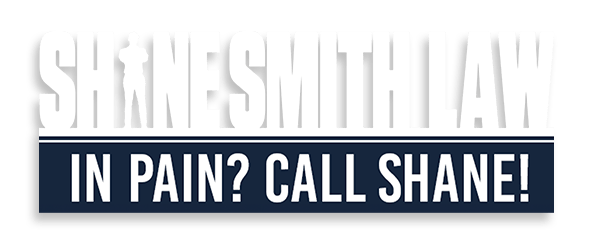While many people will tell you that there's no one, basic definition for the term “insider trading,” there actually is a general consensus about what it means. In a nutshell, to be found guilty of this crime, a person must of have either bought or sold stock in a publicly traded company while making use of company information that has not yet been made known to the public. That's the activity that lifestyle media mogul Martha Stewart was found guilty of committing.
Although some forms of insider trading are not illegal – most usually are whenever a person has breached a fiduciary duty under federal securities law. This usually means the wrongdoer personally acted upon the “insider” information for purposes of personal gain or to minimize personal financial losses. Therefore, a stockbroker who tells all of his clients that he’s confidentially learned that a specific company’s stock prices are likely to plunge soon (based upon information that has not been made known to the public) – can also be found guilty of insider trading.
As some experts have put it, you'll usually know someone has committed insider trading if he/she bought stocks based upon publicly undisclosed good news or sold considerable stock based upon undisclosed bad news.
What Martha Stewart Did That Resulted in a Conviction and Prison Time?
Back around the end of 2001, a doctor who helped found the pharmaceutical company ImClone received some bad news. He learned that the FDA was not going to approve the company's experimental drug Erbitux to be used on behalf of specific patients’ cancers.
Although the doctor had to know that what he was doing was wrongful and a breach of his fiduciary duties involving ImClone, he still told his family members and friends about the FDA ruling, before it became public knowledge. Martha Stewart’s stockbroker provided her with this information. In response to this news, Ms. Stewart sold more than $200,000 worth of ImClone stock shares, “saving herself $45,000 in the process.”
Within 18 months of selling that stock based upon the illegal tip, Martha Stewart was indicted by the federal government. She then had to serve a five-month prison sentence in West Virginia that ended in March of 2005.
While Ms. Stewart publicly claimed she injured no one, the facts of the case indicate that she still violated the law. What remains a bit of a mystery is why she was targeted in this manner – given how very widespread this practice is among Wall Street professionals and a vast array of stockbrokers and investors.
To obtain help with handling all of your Georgia business planning needs, please contact Shane Smith Law today. You can schedule your free initial consultation with a knowledgeable Peachtree City estate planning attorney by calling: (980) 246-2656.

